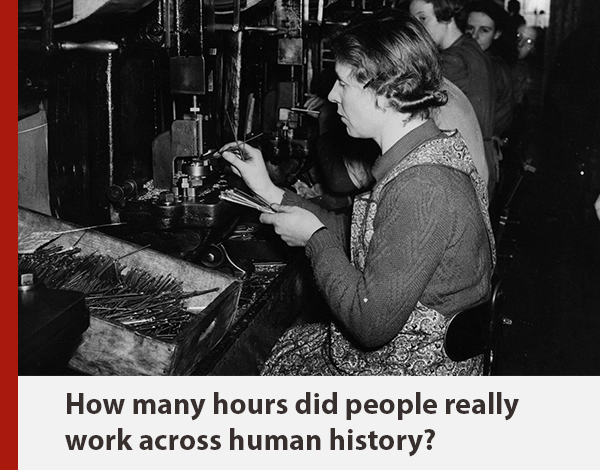The workers enjoying the biggest pay rises… and those still struggling on the lowest incomes

How do your earnings compare?
If you’ve wondered which industry workers got the biggest pay rises last year, you might be surprised.
No, it’s not company chief executives, lawyers, marketing directors or even train drivers, it is our postal workers.
Post Office employees won an average salary increase of 18%, according to data from the Office of National Statistics (ONS), taking their average pay to £33,583 from £28,459 last year.
Behind them came special needs teachers with a salary raise of 17.9%, 16.7% for GPs and 16.2% for waiting staff.
Doctors most likely received this pay hike due to the settlement of the junior doctors’ pay dispute by the Government.
Their average salary is now £48,288 compared to £41,383 last year.
Meanwhile, IT managers and financial managers’ pay also grew by 6.6% and 6.8% respectively.
Although CEOs saw their pay increase by 4.5%, lawyers actually saw their pay dip by 0.7%, while newspaper journalists’ pay fell by 19%, perhaps reflecting the difficulties in the sector.
Insurance underwriters also experienced a 4% drop in their pay packets.
Stealth tax on workers
However, before they celebrate their pay rises, workers might want to check which tax band they are now on.
The number of jobs drawn into the higher tax bracket has doubled in the past three years, according to the ONS data, due to the freeze on the personal allowance – something which has essentially become a stealth tax on workers.
The amount employees are able to earn before they pay tax has stayed at £12,570, while the entry-level to the higher rate tax bracket has also remained at £50,270, drawing more people into paying higher taxes as their pay increases.
Above this threshold, workers are taxed at 40% for every £1 they earn and professions such as lecturers, civil engineers, pharmacists and even paramedics are now being drawn into the higher rate tax bracket.
The lowest-paid industries
However, pay rises don’t necessarily translate into decent wages if they are from a low base.
Although waiting staff received a supposedly healthy pay rise last year, likely boosted by the increase in the minimum wage, the UK’s lowest wages are to be found in their sector, according to new research by tutoring service TeacherstoYourHome.com.
Indeed, the average wages in the accommodation and food industry are just £329 a week.
Meanwhile, in the retail trade and repair sector, which pays the second lowest wages, including sales associates and home appliance repair workers, the average weekly pay packet is £439 – still £110 more than in hospitality.
In the agriculture, food and fisheries sector, workers take home £497 a week. Jobs in this industry include fishermen and women, arborists and livestock handlers.
Social workers, hairdressers and tutors earn around £515 a week, while in manufacturing, textiles, leather and clothing employees, such as textile workers and designers, earn an average of £532 a week.
Teacher, however, earn around £567 a week, while nurses take home around £573.
At the other end of the scale, the highest-paid UK industry is finance and insurance, where workers take home weekly earnings of around £1,361 – over £1,000 more a week than in hospitality.
School leavers and those planning career changes may be wise to bear this data in mind when choosing a career path.
Meanwhile, the likelihood of higher inflation thanks to a second Trump presidency and Labour's National Insurance hikes, which could spell fewer future pay rises, may mean these pay packets are, unfortunately, worth even less in the coming year.
Comments
Be the first to comment
Do you want to comment on this article? You need to be signed in for this feature
